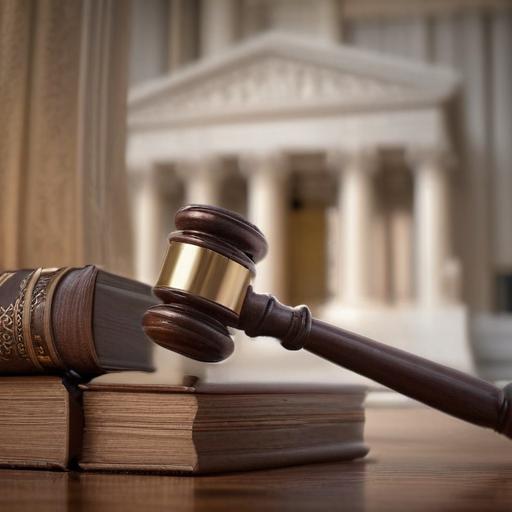The Supreme Court’s recent decision to uphold Tennessee’s ban on gender-affirming care for transgender minors marks a significant setback for transgender rights in the United States. The ruling, with a 6-3 majority, underscores the legal protection offered to similar laws across 26 other states and aligns with broader efforts from various Republican state governments and the previous Trump administration to restrict protections for transgender individuals.
Chief Justice John Roberts, writing for the majority, emphasized that the law does not contravene the Constitution’s equal protection clause, which mandates that similar individuals be treated alike. He acknowledged the complex scientific and policy debates surrounding the medical treatments in question and stated, “The Equal Protection Clause does not resolve these disagreements.”
In contrast, Justice Sonia Sotomayor, joined by her liberal colleagues, voiced a strong dissent, arguing that the ruling effectively discards the rights and welfare of transgender children in favor of political agendas.
This ruling comes within a broader context of escalating legislative and administrative actions targeting the rights of transgender individuals, including restrictions on participation in sports and enforcement of gender-specific facilities. Notably, under the Trump administration, significant moves were made to challenge federal support for gender-affirming medical care and to define gender strictly as male or female.
The Supreme Court’s decision occurs shortly after the U.K. Supreme Court similarly ruled against certain transgender rights, reflecting a growing international trend that raises serious concerns among advocates for transgender rights.
Despite the recent ruling, it is critical to recognize that previous significant decisions, including a 2015 ruling affirming the rights of transgender individuals in workplace discrimination cases, remain intact. In total, there are about 300,000 transgender minors in the U.S., a demographic that advocates argue deserve protection and access to appropriate medical care.
While the ruling may be perceived negatively by LGBTQ+ advocates, it also reinforces the necessity for ongoing legal and social advocacy for the rights of transgender persons. The political and social landscape remains contentious, but this situation can galvanize communities and organizations to continue the fight for equity and justice for transgender individuals.
